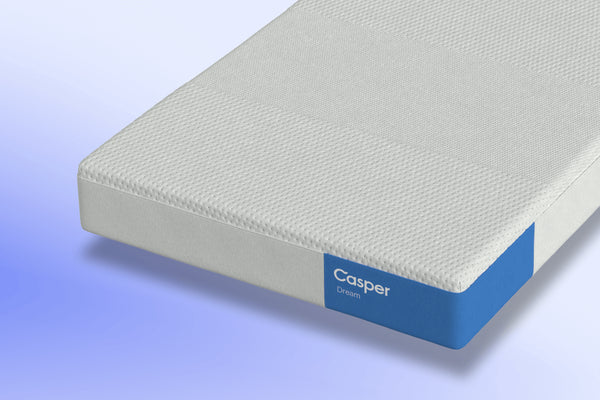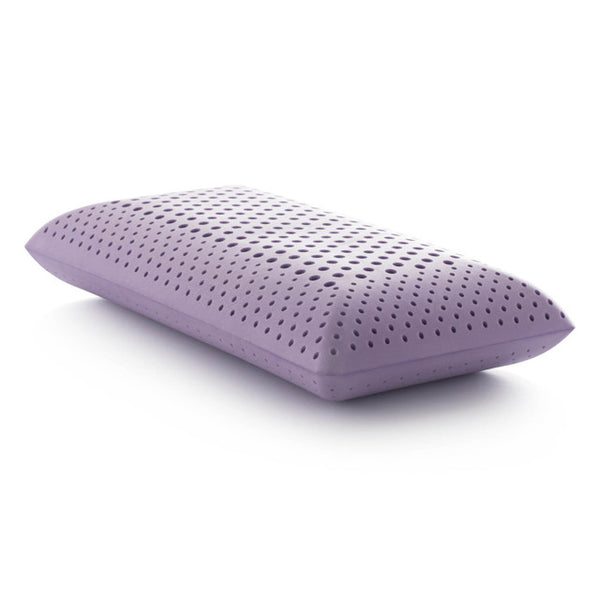
Frequently Asked Questions
1. Why is sleep quality important?
2. What are the different types of mattresses?
3. How does a mattress impact sleep quality?
4. What signs indicate it's time for a new mattress?
Sleep is an essential part of our lives, impacting both our physical and mental well-being. Yet, many overlook one crucial factor in achieving restful slumber: the mattress. Understanding the science behind sleep and how your mattress affects sleep quality can help you make the right choices to enhance your sleep experience.
Why Sleep Quality Matters
Before we dive into how mattresses affect sleep quality, it’s essential to understand why sleep is so vital. Quality sleep is intertwined with numerous aspects of our health, influencing everything from mood and cognitive performance to physical health and immune function.
Research shows that poor sleep can lead to various issues, including:
- Increased risk of chronic diseases
- Weight gain and obesity
- Decreased cognitive function
- Higher stress levels and mood disorders
The National Sleep Foundation recommends 7-9 hours of sleep per night for adults to maintain optimal health. However, it’s not just the quantity of sleep that matters; quality is equally important.
Understanding Mattress Types
Purchasing a mattress is a significant investment in your health and well-being. With various types available, understanding each can guide you toward the right choice for your sleep needs.
Innerspring Mattresses
Innerspring mattresses are the most traditional type, featuring coils that provide support. They can vary in firmness and are often more affordable than other types. While they offer good bounce and support, they may not excel in temperature regulation or pressure relief.
Memory Foam Mattresses
Memory foam mattresses are revered for their contouring capabilities. They conform to your body, easing pressure points and offering comfort. However, some memory foam mattresses retain heat, potentially making them less suitable for those who sleep hot.
Latex Mattresses
Latex mattresses offer a balance of support and comfort, using natural or synthetic latex. They are often more breathable than memory foam, providing a cooler sleep experience. Their durability is another attractive feature, making them a long-lasting option.
Hybrid Mattresses
Hybrid mattresses combine various materials, typically featuring innerspring coils along with memory foam or latex layers. This fusion aims to offer the best of both worlds: support, comfort, and temperature regulation.
How Your Mattress Impacts Sleep Quality
Now that we’ve explored different types of mattresses, let’s dive into how they can impact your sleep quality.
Support and Alignment
A supportive mattress plays a vital role in maintaining proper spinal alignment during sleep. Poor alignment can lead to discomfort or pain, undermining your ability to enjoy quality rest. The right mattress will support the natural alignment of your spine, alleviating pressure points and allowing for restful sleep.
Comfort and Pressure Relief
Comfort is subjective, varying from person to person. A mattress that feels perfect to one individual may not suit another. It's essential to find a mattress that provides adequate pressure relief, especially at points like the shoulders and hips. Quality mattresses adapt to your body's contours, distributing weight evenly and reducing pressure to enhance overall comfort.
Temperature Regulation
Your mattress also affects sleep quality through its ability to regulate temperature. Materials like memory foam may retain body heat, while innerspring and latex mattresses often provide better airflow. A mattress that keeps you cool can significantly enhance your ability to fall asleep and stay asleep throughout the night.
Motion Isolation
If you share your bed with a partner, consider how well a mattress isolates motion. Innerspring mattresses can transmit movement, causing disturbances when one person moves. Memory foam and latex typically excel in isolating motion, making them ideal for couples. This feature is crucial for uninterrupted sleep, improving overall sleep quality.
Longevity and Maintenance
The longevity of a mattress can also impact sleep quality. A worn-out mattress can develop sagging, lumps, or discomfort, negatively affecting sleep. Regular maintenance, such as rotating and cleaning your mattress, can help extend its life and ensure a comfortable sleep surface for as long as possible.
Signs You Need a New Mattress
Even the best mattresses won't last forever. Here are some signs that may indicate it’s time for a new mattress:
- Your mattress is over 7-10 years old.
- You wake up with aches and pains.
- You frequently toss and turn at night.
- You notice sagging or lumps in your mattress.
- You’re experiencing allergy symptoms more often.
Choosing the Right Mattress for You
Finding the perfect mattress involves considering various factors beyond just the type of material. Here are some tips to guide you:
Consider Your Sleep Position
Your sleep position plays a crucial role in determining the best mattress for you. Here’s a quick guide:
- Back sleepers: Look for a medium-firm mattress that provides support while allowing for some contouring.
- Side sleepers: A softer mattress that offers pressure relief on the hips and shoulders is often best.
- Stomach sleepers: Firmer mattresses are recommended to prevent sinking and maintain spinal alignment.
Test Before You Buy
Whenever possible, test a mattress before purchasing. Many retailers offer a trial period, allowing you to try the mattress at home. Spend nights sleeping on it to see how your body responds before making a final decision.
Research Brands and Reviews
Researching brands and reading reviews from other customers can provide invaluable insight. Look for feedback on durability, comfort, and customer service experiences. This can help you make an informed decision when selecting the right mattress for your needs.
The Importance of a Sleep Routine
Choosing the right mattress is just one element of ensuring quality sleep. Establishing a bedtime routine can significantly enhance your sleep quality.
Set a Consistent Sleep Schedule
Going to bed and waking up at the same time each day helps regulate your body's internal clock, leading to improved sleep quality. Aim for consistency, even on weekends.
Create a Relaxing Pre-Sleep Routine
Engaging in relaxing activities before bed can signal your body that it's time to wind down. Consider reading, practicing meditation, or taking a warm bath to promote relaxation.
Optimize Your Sleep Environment
Your bedroom should be a sanctuary for sleep. Keep it dark, quiet, and cool to create an ideal sleep environment. Investing in blackout curtains, white noise machines, and a comfortable bedding set can enhance your sleeping experience further.
Investing in Sleep Equals Investing in Health
Your mattress is more than just a place to sleep; it’s an investment in your overall health and well-being. By understanding the science of sleep and how your mattress affects sleep quality, you can make informed decisions that lead to restorative rest—and ultimately, a healthier, happier you. Remember, quality sleep leads to a better life!









